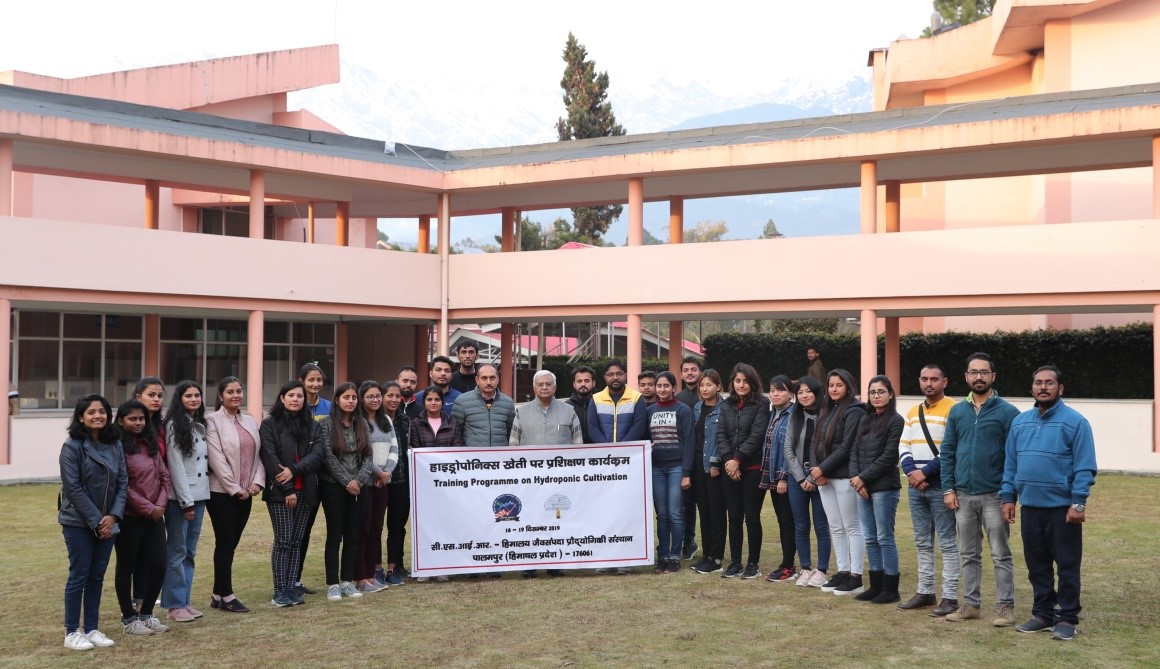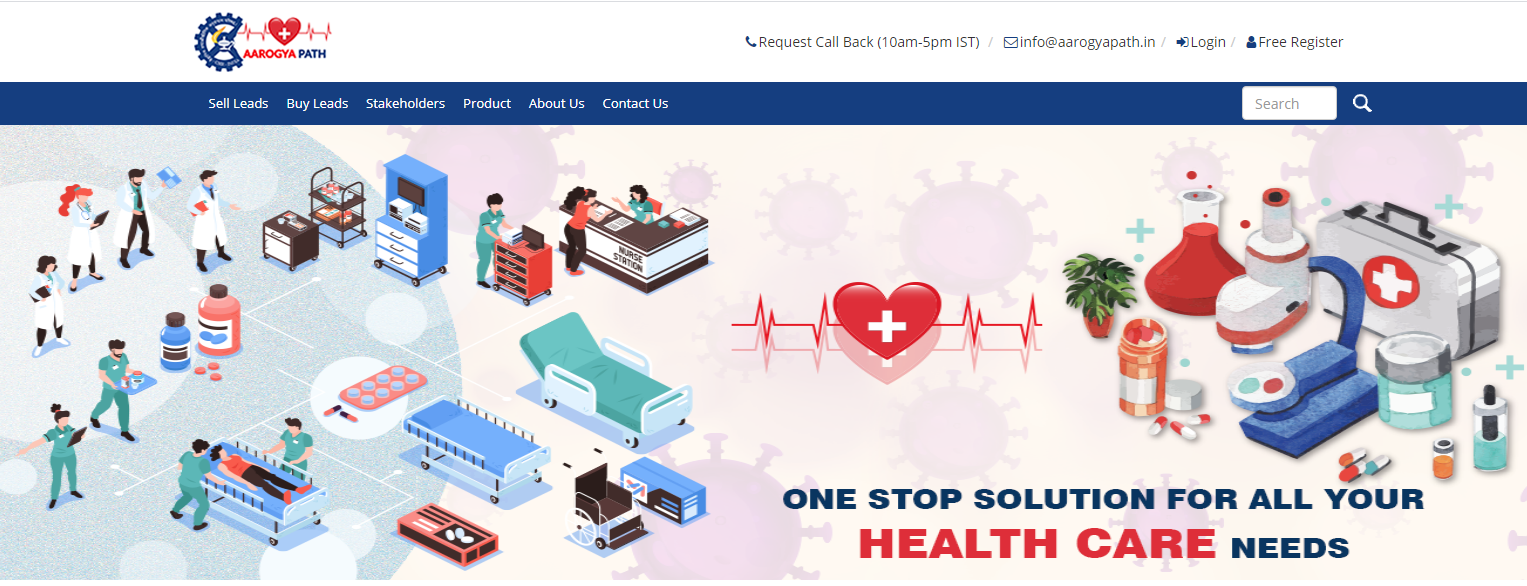
Hydroponics May Provide Better Agriculture Solutions
- News
- 1.7K
With rising population size the demand for food is also increasing and expected to increase by up to 59% to 98% by 2050. Looking at this emerging demand hydroponics may be seen as a better technique of agriculture. Keeping this in mind Council of Scientific and Industrial Research- Institute of Himalayan Bioresource Technology (CSIR-IHBT), Palampur is determined to develop a small low-cost hydroponic system that is suitable for urban agriculture and the small scale said Dr. Ashish Warghat, Scientist, CSIR-IHBT.
The institute organized a four-day training program on the hydroponic cultivation system. “There were 43 progressive farmers, unemployed youth and students from Himachal Pradesh, Uttarakhand, Jammu, Manipur and Nagaland states participated in this program. The participants were provided with technical know-how and practical exposure of plant propagation in the hydroponic system” told Dr. Bhavya Bhargav, training organizer, CSIR-IHBT.
Dr. Warghat, gave practical exposure for the cultivation of herbs, spices and floriculture crops under the hydroponics system. “Although the initial investment cost for setting up the hydroponics system is high in the long run, it will provide better returns to farmers,” he said.
Dr. Sanjay Kumar, Director, CSIR-IHBT told that knowledge of modern high tech agriculture is the need of the hour. It is essential to empower the youth to grow high-value crops of demand under a controlled system. During his talk, Dr. Kumar told that hydroponics offers opportunities to young farmers for a startup business for the production of nutrient-rich spices, herbal and high-value crops which has a huge demand in the urban market. “The practice assumes significance as the rural regions in India witnessing population shift in recent years due to animal menace and poor returns from traditional farming system. This system is a perfect solution for growing plants in limited space” said Dr. Kumar.
Hydroponics is the technique of growing plants without soil by using a water solvent which consists of mineral nutrients. Dr. Sanjay Kumar said that this system provides higher yield and economic returns compared to traditional agricultural practices, because of an increase in harvest cycles and balanced nutrient supply. “Urbanization led to high-density cities and scarcity of land. Hydroponic systems are engineered as a high space and resource-efficient form of farming and represent a considerable source of industrially grown produce” he said. The participants were introduced to the hydroponic system and made aware of the water quality, growing systems, nutrient solutions, crop physiology, and crop protection.
Dr. Rakesh Kumar, Principal Scientist, and Programme coordinator told that hydroponic system is not affected by weather, wild animals and any of the other external biotic or abiotic factors. In addition to these benefits, the hydroponic system also makes less and efficient utilization of water. Furthermore, participants were also made aware of the elimination of the use of artificial ripening agents, herbicides and pesticides in the hydroponic system, which helps in creating a nutritionally superior harvest of food products. “The overall hydroponics system market is projected to grow from USD 8.1 billion in 2019 to USD 16.0 billion by 2025, at a CAGR of 12.1%,” he said. (ISW)
If you liked this article, then please subscribe to our YouTube Channel for the latest Science & Tech news. You can also find us on Twitter & Facebook.


